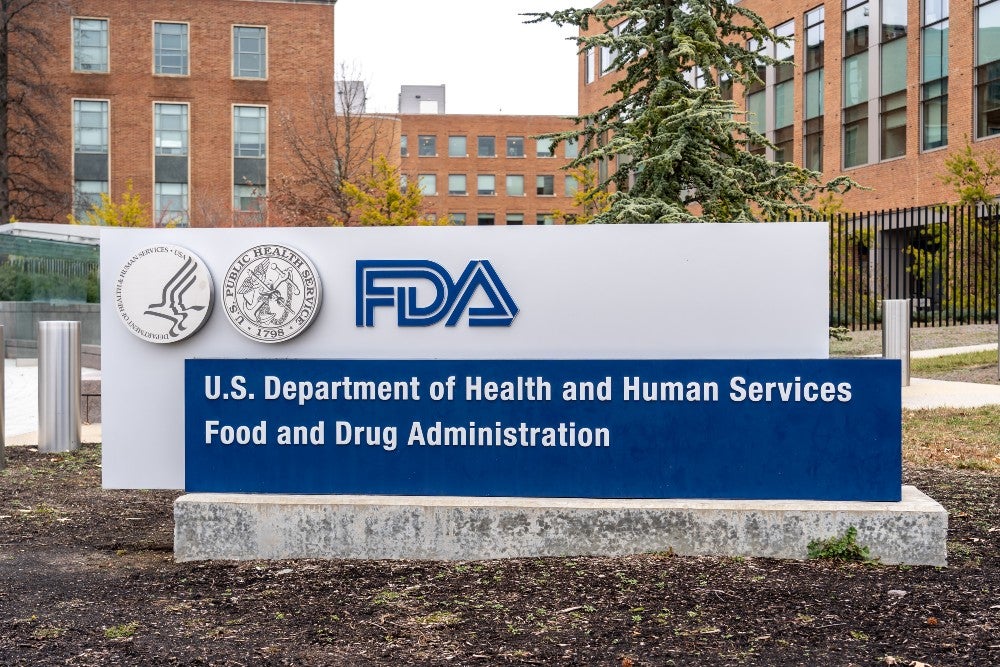On September 22, the US Food and Drug Administration (FDA) issued an expanded emergency use authorization (EUA) for a booster dose of Pfizer-BioNTech’s Covid-19 vaccine Comirnaty. This comes following a spike of Covid-19 cases within the US caused by the Delta variant. On August 25, Pfizer and BioNTech applied for the supplemental approval of a booster dose of Comirnaty six months after the completion of the primary vaccination series for individuals 16 years of age and older. However, after convening a public meeting of its Vaccines and Related Biological Products Advisory Committee (VRBPAC) on September 17, the FDA advisors agreed that its use should be restricted to specific populations. These were individuals who are over the age of 65, people between 18 and 64 who have a high risk of developing severe Covid-19 due to pre-existing health conditions and individuals between 18 and 64 whose occupational environment may put them at high risk of developing severe Covid-19. The FDA agreed with the VRBPAC by licensing the booster shot for these sub-populations. Their decision was based on results submitted by Pfizer that showed that a single booster dose of Comirnaty enhanced the antibody response against SARS-CoV-2 in comparison to just receiving the two-dose primary series. Other studies have shown waning antibody levels against SARS-CoV-2 six months after primary vaccination.
Following this decision, the Centers for Disease Control and Prevention (CDC)’s Advisory Committee on Immunization Practices (ACIP) on September 22–23 discussed which populations would most benefit from a third shot. This involved several presentations demonstrating how the vaccine works in various age populations, as well as reviewing vaccine efficacy with time. The ACIP concluded the meeting by recommending to the CDC that older and younger adults who are at high risk of developing severe Covid-19 should be eligible for the booster dose, but excluded individuals who may be at risk as a result of their occupation. Despite this, Dr Rochelle Walensky, the director of the CDC, overruled this recommendation and opted to align with the CDC’s original decision to allow frontline workers to also be eligible. Dr Walensky’s decision will give support to the White House, which has been criticised for getting ahead of the regulatory process by prematurely promising the booster dose to a larger segment of American citizens.
The new approved third dose of Comirnaty could potentially cause a significant reduction in the rate of breakthrough Covid-19 cases within these populations and further data provided from this may allow the approval of the booster shot being administered to the wider population in the future.





